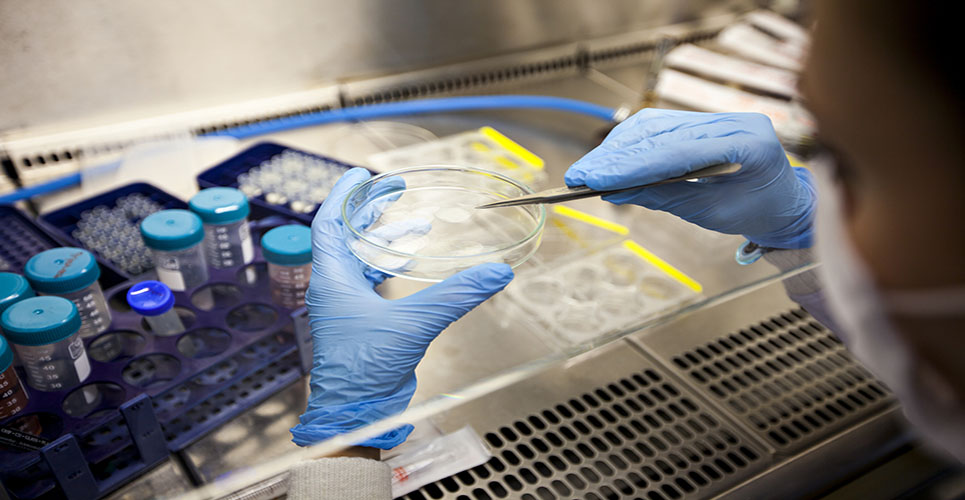teaser
The total failure of a “promising” HIV vaccine has led to questions being asked about the use of animals in the development of such treatments.
The Step Study clinical trial has shown that MRKAd5 HIV-1 gag/pol/nef failed completely to protect against HIV. In fact, some people given the vaccine had a higher rate of infection than those receiving the placebo.
Prior to the trial, the vaccine – made by the pharmaceutical company Merck – had been tested on monkeys exposed to a simian-HIV (SHIV) viral infection.
SHIV is a mixture of SIV (simian immunodeficiency virus) and some components of HIV (human immunodeficiency virus).
The vaccine is supposed to trigger a protective response by “killer” cytotoxic T-cells, white blood cells that are a key element of the immune system.
In an accompanying comment in The Lancet, Dr Merlin Robb, from the US Military HIV Research Program in Rockville, Maryland, said: “The Step results have profoundly affected the HIV-vaccine development field. The predictive value of the non-human SHIV-challenge model is not supported by this experience.
“The failure of Step has not closed the door on the T-cell vaccine concept. However, the reflection it has caused might be a crucial step towards an HIV vaccine.”
Copyright Press Association 2008

